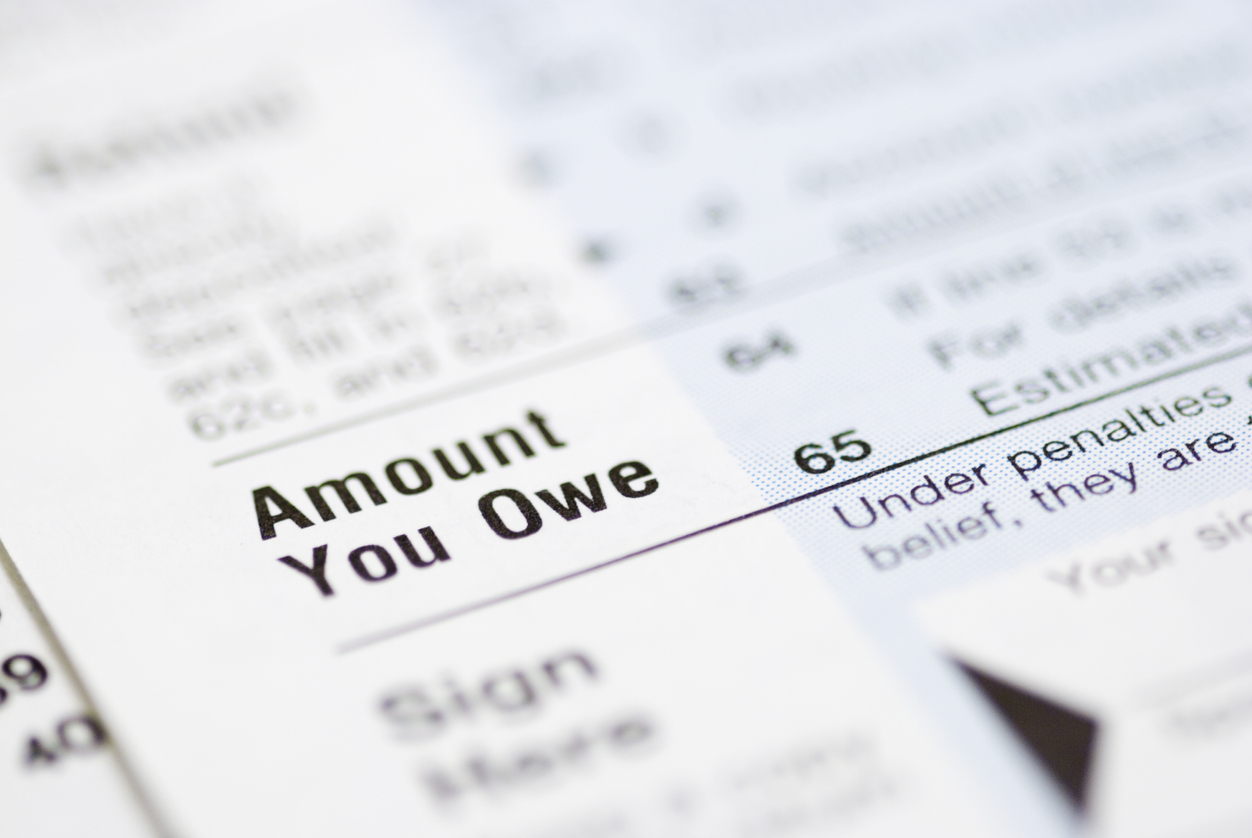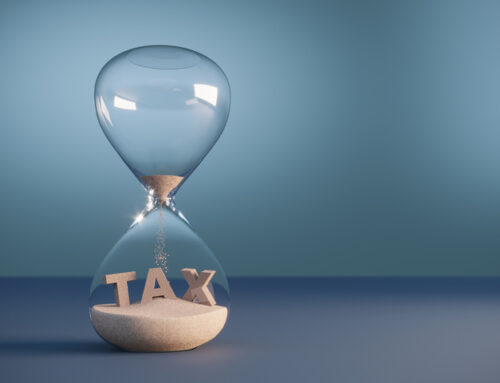So many people have questions this year regarding tax returns – both personal and business alike, and it should come to no surprise, given the many challenges that the pandemic has brought on.
Let’s be honest, filing taxes in general can give anyone a headache, but submitting pertinent information for your 2020 taxes can raise a few important questions. If you’re confused about how to categorize your stimulus check, which deductions you should claim, or anything else regarding last year’s taxes- don’t stress. Here are the top 3 questions our financial experts are getting, and their answers. Every situation is different, so analysis of your unique experience will give you a complete answer. The following answers are general, so consult a qualified tax professional to fully understand what you can do to get the best outcome from your tax filing.
-
Which Deductions Do I Qualify For?
Deductions are predetermined amounts of money for which you are not taxed. The deductions you’re allowed to claim can vary depending on whether you’re married, a student or disabled. They may even depend on whether you work from home, or an office.
Typically, if you are married filing jointly, you will qualify for the largest standard deduction. If you or your spouse is legally blind, make sure to claim this deduction when filing. Those with children are also able to file for deductions related to how many dependents they have, so be sure to accurately list your dependents and to add any children who were born in 2020.
-
Is My Stimulus Check Considered Taxable Income?
The past year’s situation has definitely been unique. You may be concerned that the two stimulus checks you received as part of a COVID-19 relief package will be taxed. In other words, will you owe the government taxes on the money they sent you? The answer is no.
The stimulus payments will not be taxed, and they will not be calculated as part of your income to determine eligibility for governmental assistance. Your stimulus checks are essentially considered refundable tax credits, which means that the government considers these payments money that they “owe” you — and that you do not owe them as taxes.
-
I Am Now Self-Employed. How Will This Change My Taxes?
Those who are self-employed may need to pay quarterly taxes. If you become a sole proprietor, a freelancer, or a new entrepreneur in 2020, it’s a good idea to check with your accountant to see if you need to file four times a year instead of once.
You can also probably write off your home office expenses if you work in a legitimate home “office”, which is a room used solely for work purposes.
Find Relief This Tax Season, With Orlando’s Best
A lot has changed during the past year, and these alterations to your personal and professional life can affect how you prepare for your taxes and which deductions you can claim. If you have questions regarding your taxes, be sure to get in touch with KDK Accountancy Corporation before it’s time to file. Contact our financial advisors online, or call us directly at (407) 759-5363 today!






